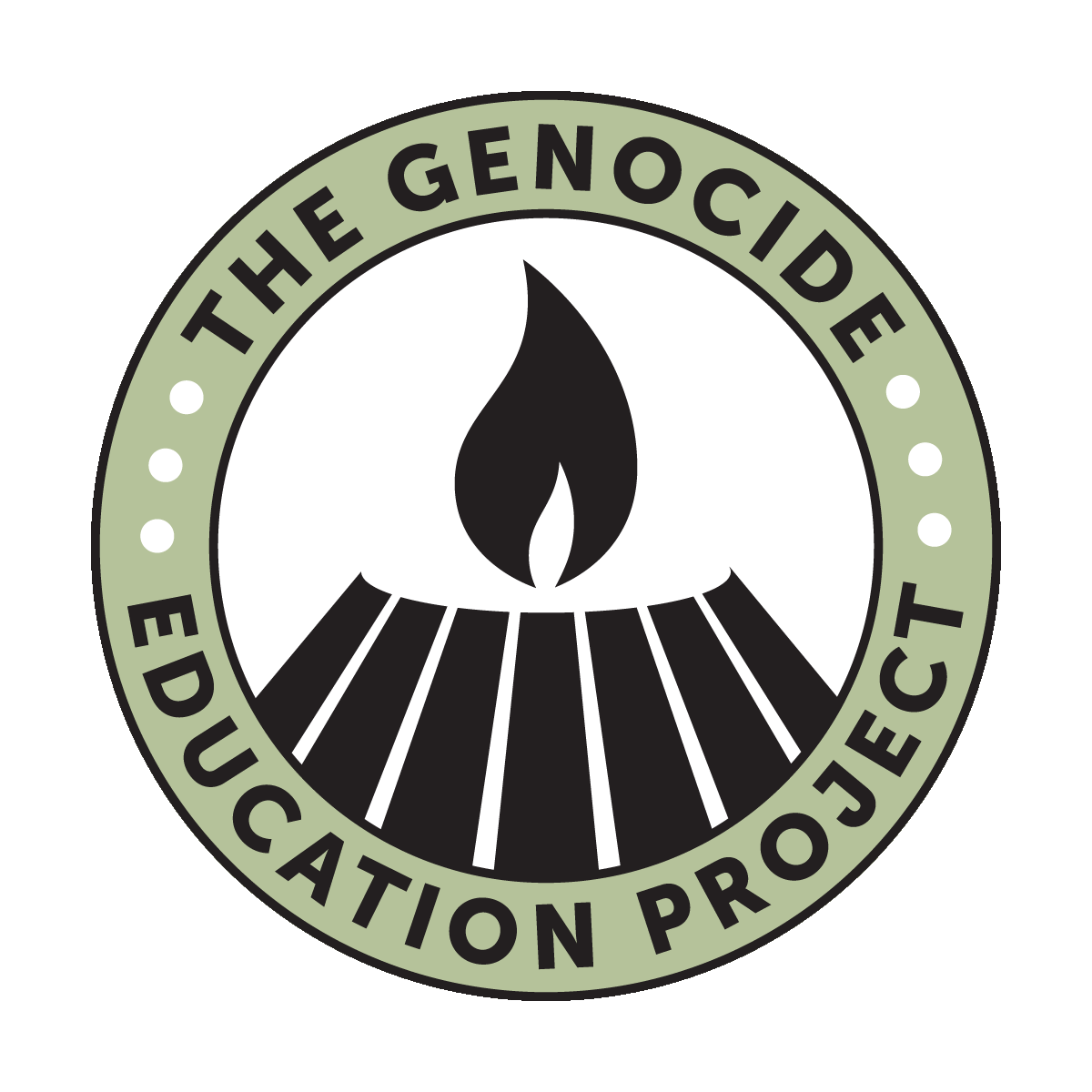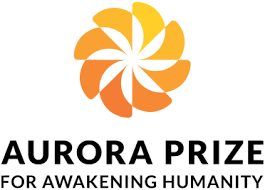16.04.2008
International recognition of the Armenian Genocide continues despite several obstacles and drawbacks. Some organizations deny the fact of Genocide or play down the horrible events by calling them “mass killings” or “atrocities”.
Surprisingly, one such scenario took place with the Anti-defamation League (ADL). A Jewish organization, established in the USA, denied Armenian Genocide through the statements of its National Director, Abraham H. Foxman. Naturally, US based Armenian organizations, firstly the Armenian National Committee of America (ANCA) heavily criticized this blatent denial. The Watertown Town Council in Massachusetts unanimously voted on Tuesday, August 14 2007, to rescind its affiliation with the “No Place for Hate” anti-racism and tolerance promotion program sponsored by the ADL. (Watertown has a hight ethnic Armenian population, author’s note).
ANCEM chairperson Sharistan Melkonian stated that: “The Armenian National Committee of Eastern Massachusetts applauds the Town Council for stating clearly and unequivocally that there is no place for Armenian Genocide denial in Watertown.” She went on to say “We hope that this action will prompt the ADL and its National Director Abe Foxman to rethink their profoundly immoral policies on this issue, properly recognize the Armenian Genocide, and put an end their efforts to prevent its reaffirmation by Congress.”
On August 17 Abraham Foxman sent a letter to the Jewish newspaper “Forward” trying to soothe the situation. He mentioned that the ADL has «fully acknowledged – and never denied – the massacres of hundreds of thousands of Armenians at the hands of the Ottoman Empire in 1915 through 1918. The ADL believes that the Turkish government must do more than it has to confront its history and to seek reconciliation with the Armenian people. Yet the ADL also believes that legislative efforts outside of Turkey are counterproductive to the goal of having Turkey itself come to grips with its past. We therefore have taken no position on what action Congress should take on House Resolution 106” (which recognized the Armenian Genocide).
Despite these efforts, Foxman failed to thwart the widespread criticism toward the ADL both from the Armenian and Jewish community. He was forced to make another statement on August 21st disclaiming that the ADL has decided to revisit the tragedy that befell the Armenians. “We have never negated but have always described the painful events of 1915-1918 perpetrated by the Ottoman Empire against the Armenians as massacres and atrocities. On reflection, we have come to share the view of Henry Morgenthau, Sr. that the consequences of those actions were indeed tantamount to genocide. If the word genocide had existed then, they would have called it genocide.” said Foxman.
This statement prompted tough reaction from Turkish officials. Turkey’s foreign minister (incumbent President) Abdullah Gul, complained bitterly to Israel’s ambassador in Ankara, Pinhas Avivi, that Israel could have done more to prevent the ADL’s shift. Nabi Sensoy, Turkey’s ambassador to the United States, told the Forward newspaper that Turkey was “very disappointed” by the ADL’s statement “because it changed the premise of everything we had achieved with the U.S. Jewish community.” The ADL itself tried to calm tensions by issuing a statement opposing a congressional resolution recognizing that a genocide took place and by sending a letter to Turkish Prime Minister Recep Tayyip Erdogan expressing “deep regret” and the desire to “deepen our friendship.”
The controversy regarding ADL approach toward the Armenian Genocide issue once again approved that Israeli-Turkish relations and the official position of Israel play a decisive role in definig Jewish organizations’ stance toward the recognition of the Armenian Genocide. In the last few weeks, steps have been take to promote the Genocide recognition in the Israeli Knesset. The Armenian diaspora in Israel and Israeli based Armenian organizations had a long recorded the efforts of trying to include this issue in Israeli Knesset but they always met with tough resistance from the Israeli government which used its influence to thwart these attempts. But, on March 26th, 2008, Israel’s Knesset arrived at a decision to discuss the Armenian Genocide issue. As reported by the Hay Dat Jerusalem office; the issue is likely to be considered by the Parliamentary Committee on Education. On March 14, 2007, the initiative was taken by member of Knesset Khaim Auron, the brother of Jerusalem University professor Yair Auron specializing in the Armenian Genocide issue. The motion was supported by all 11 deputies attending the session.
On April 8th, 2008, the Jewish community of Armenia issued an address to the Knesset calling for the recognition of the Armenian Genocide. The statement noted: “Discussion of the Armenian Genocide issue in the Knesset is an important move in a country whose citizens survived the Holocaust and still suffer from terror.”





